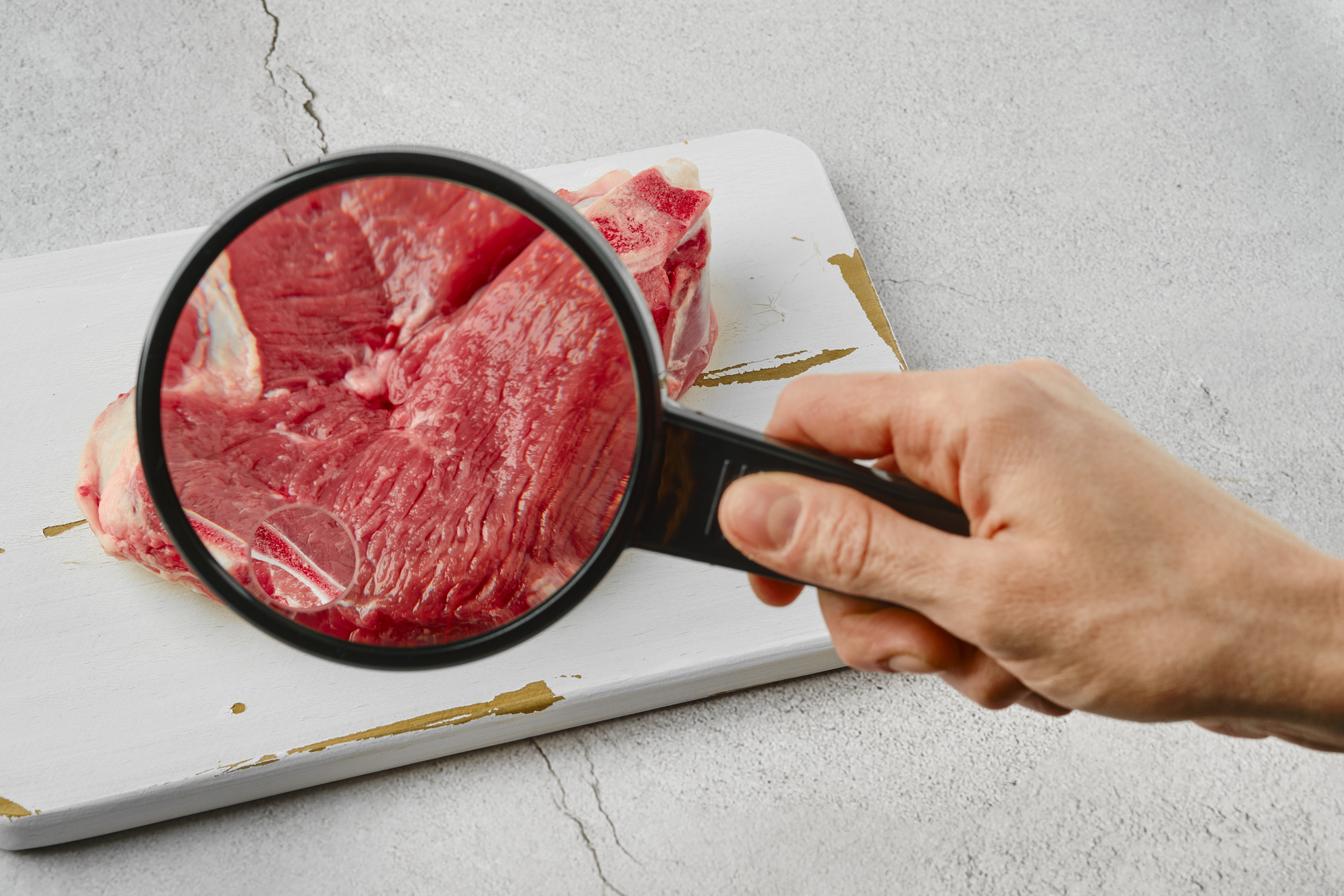2024-07-19 デューク大学(Duke)
<関連情報>
- https://pratt.duke.edu/news/ai-geo-radar/
- https://ietresearch.onlinelibrary.wiley.com/doi/10.1049/rsn2.12600
適応型レーダー処理と畳み込みニューラルネットワークを使用したデータ駆動型目標位置特定 Data-driven target localization using adaptive radar processing and convolutional neural networks
Shyam Venkatasubramanian, Sandeep Gogineni, Bosung Kang, Ali Pezeshki, Muralidhar Rangaswamy, Vahid Tarokh
IET Radar, Sonar & Navigation Published: 16 July 2024
DOI:https://doi.org/10.1049/rsn2.12600

Abstract
Leveraging the advanced functionalities of modern radio frequency (RF) modeling and simulation tools, specifically designed for adaptive radar processing applications, this paper presents a data-driven approach to improve accuracy in radar target localization post adaptive radar detection. To this end, we generate a large number of radar returns by randomly placing targets of variable strengths in a predefined area, using RFView®, a high-fidelity, site-specific, RF modeling & simulation tool. We produce heatmap tensors from the radar returns, in range, azimuth [and Doppler], of the normalized adaptive matched filter (NAMF) test statistic. We then train a regression convolutional neural network (CNN) to estimate target locations from these heatmap tensors, and we compare the target localization accuracy of this approach with that of peak-finding and local search methods. This empirical study shows that our regression CNN achieves a considerable improvement in target location estimation accuracy. The regression CNN offers significant gains and reasonable accuracy even at signal-to-clutter-plus-noise ratio (SCNR) regimes that are close to the breakdown threshold SCNR of the NAMF. We also study the robustness of our trained CNN to mismatches in the radar data, where the CNN is tested on heatmap tensors collected from areas that it was not trained on. We show that our CNN can be made robust to mismatches in the radar data through few-shot learning, using a relatively small number of new training samples.



